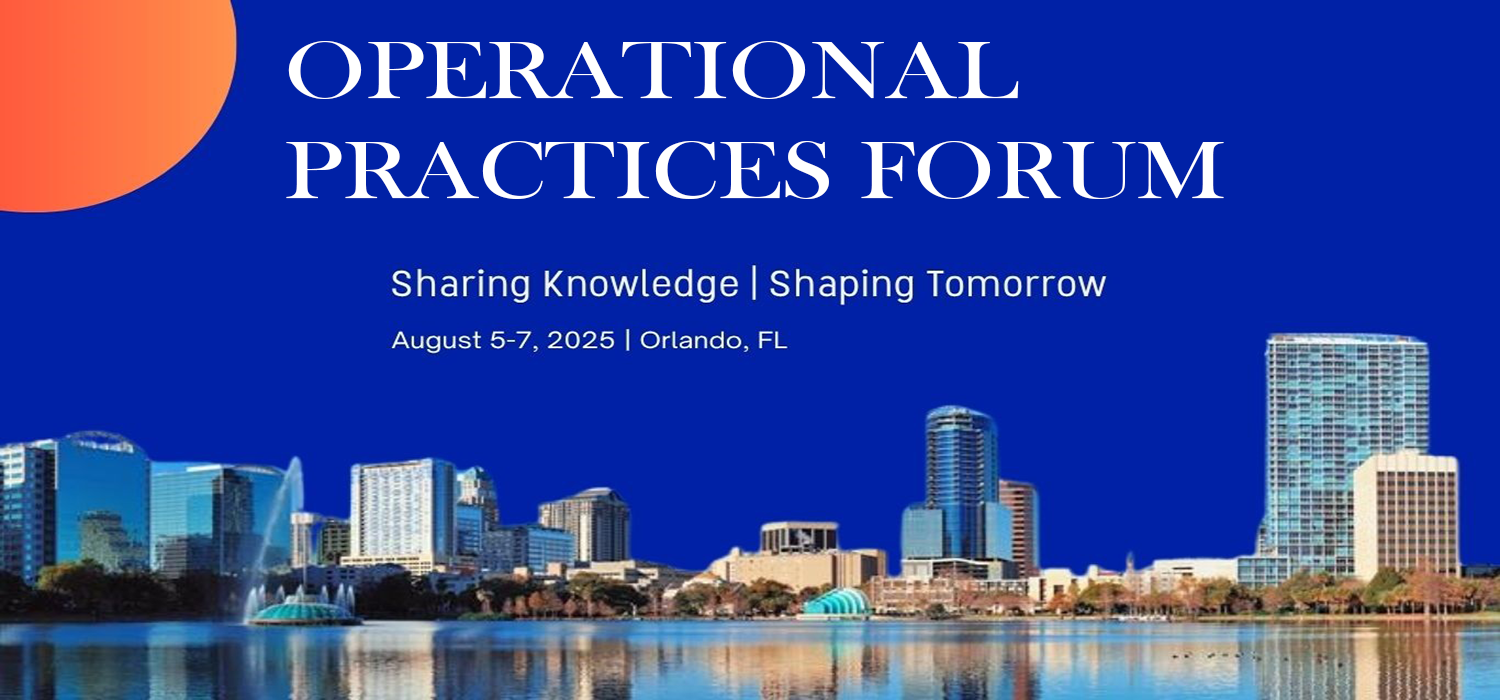
Registration and room reservation has closed.
The 2025 Operational Practices Forum will be held from August 5–7 at the Hilton Orlando Lake Buena Vista Palace. This biennial event brings together staff from appellate, district, and bankruptcy courts to share best practices, explore innovative solutions, and strengthen collaboration across court operations.
The Forum will feature a range of topics including core court programs such as jury services and interpreting, the integration of artificial intelligence, and IT-driven operational solutions. A key focus will be on peer-to-peer sharing sessions, designed to promote practical strategies for improving efficiency and embracing emerging technologies within the judiciary.
Attendees will benefit from interactive workshops, dynamic discussions, and expert speakers aimed at enhancing knowledge and skills in the field.
To support engagement and streamline communication, the event will utilize the VFairs app, providing access to the agenda, real-time announcements, and networking tools to connect with fellow participants.

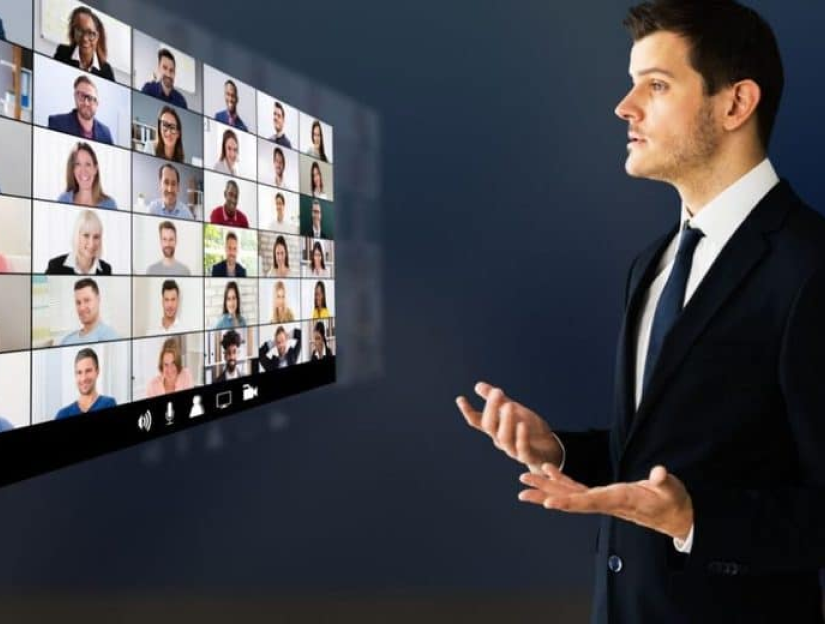
This event is intended for staff from appellate, district, and bankruptcy courts who are directly involved in operational functions. Courts are encouraged to prioritize the attendance of operations personnel. IT staff should plan to attend the National IT Conference, which will be held the following week.







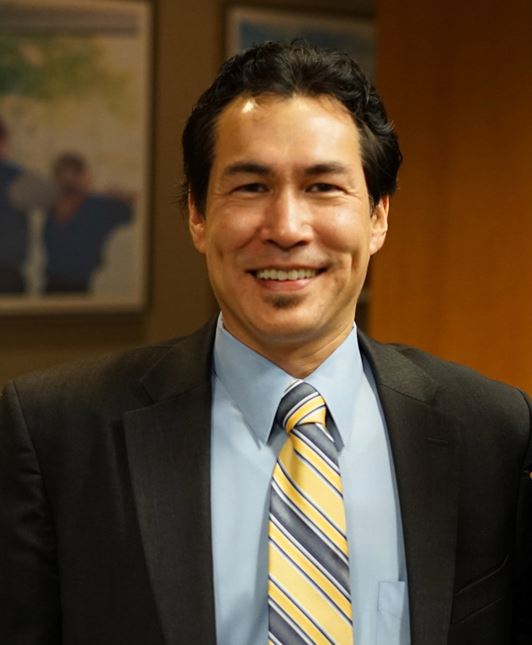

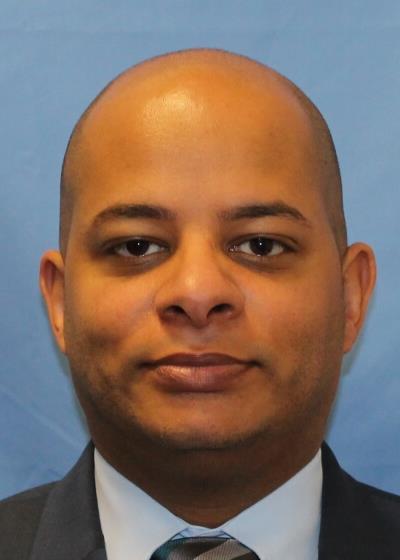







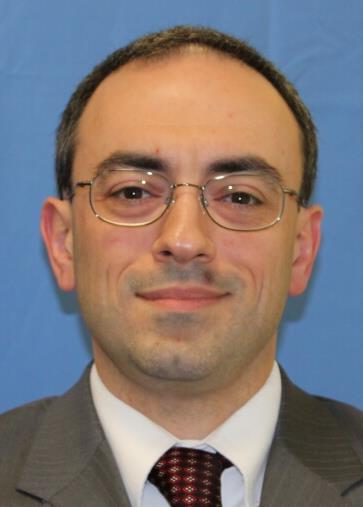

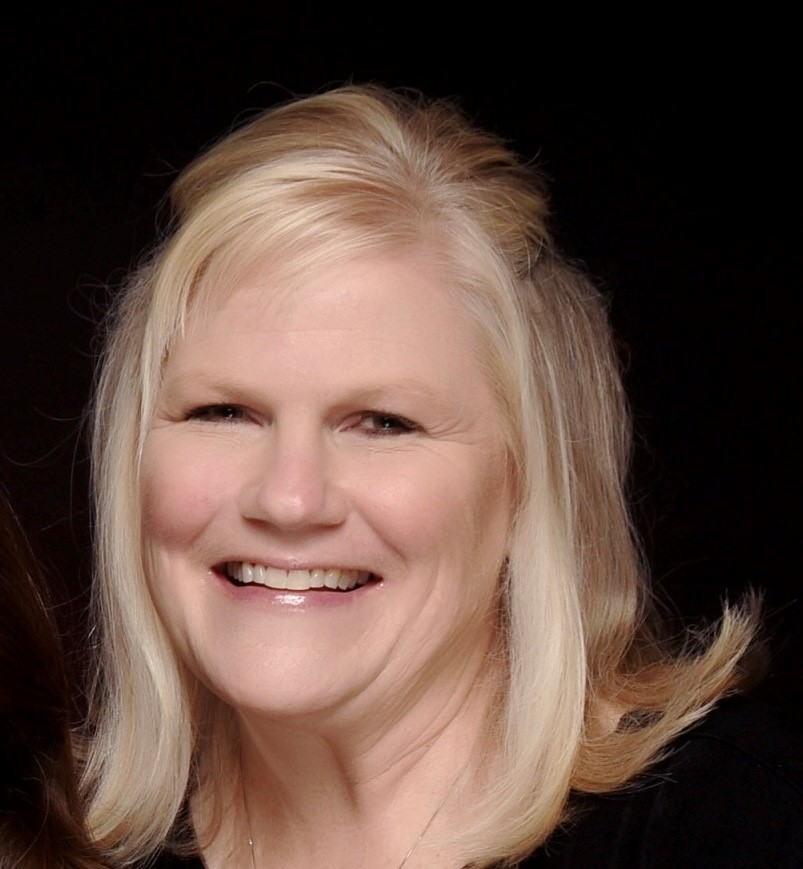









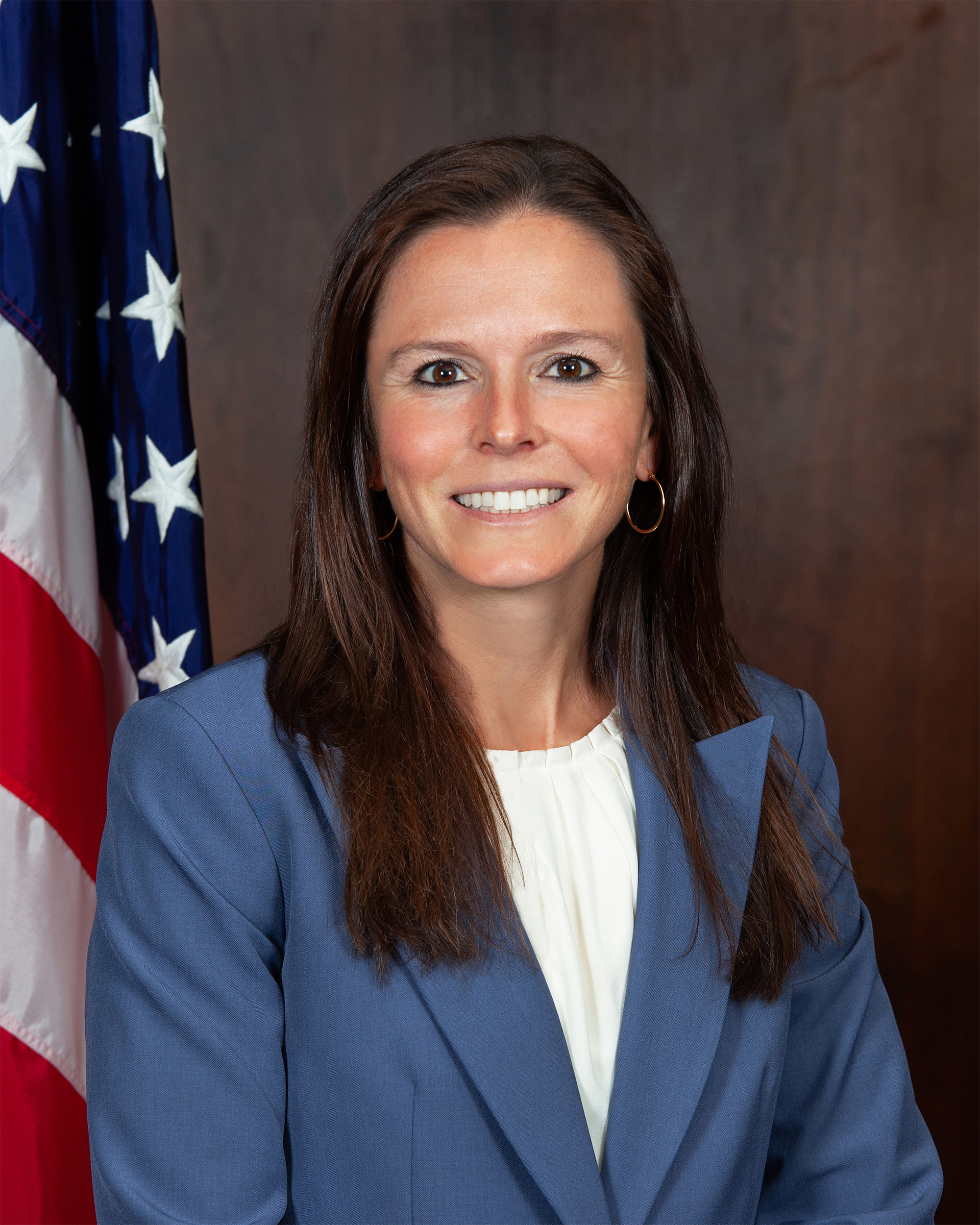


























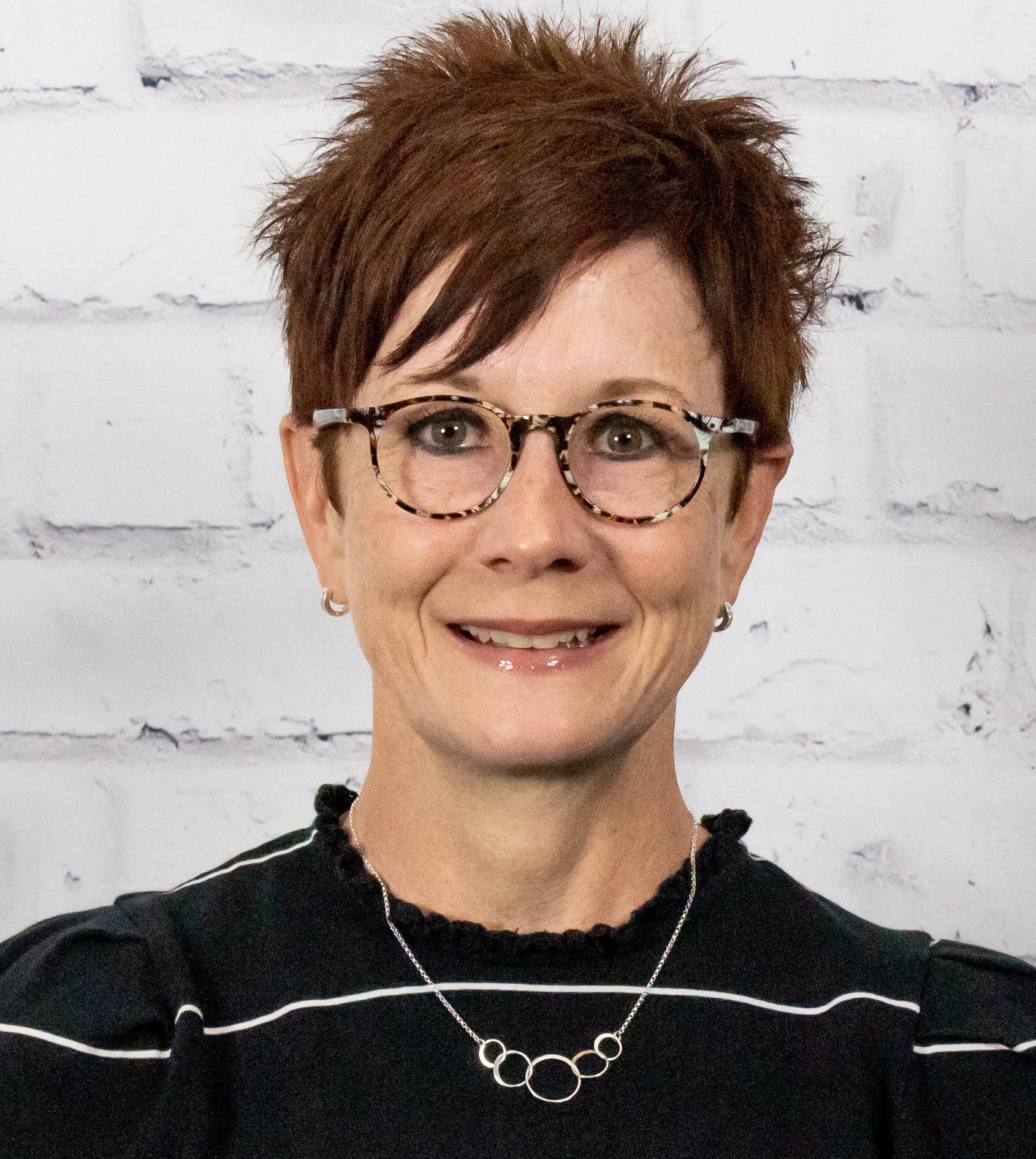

















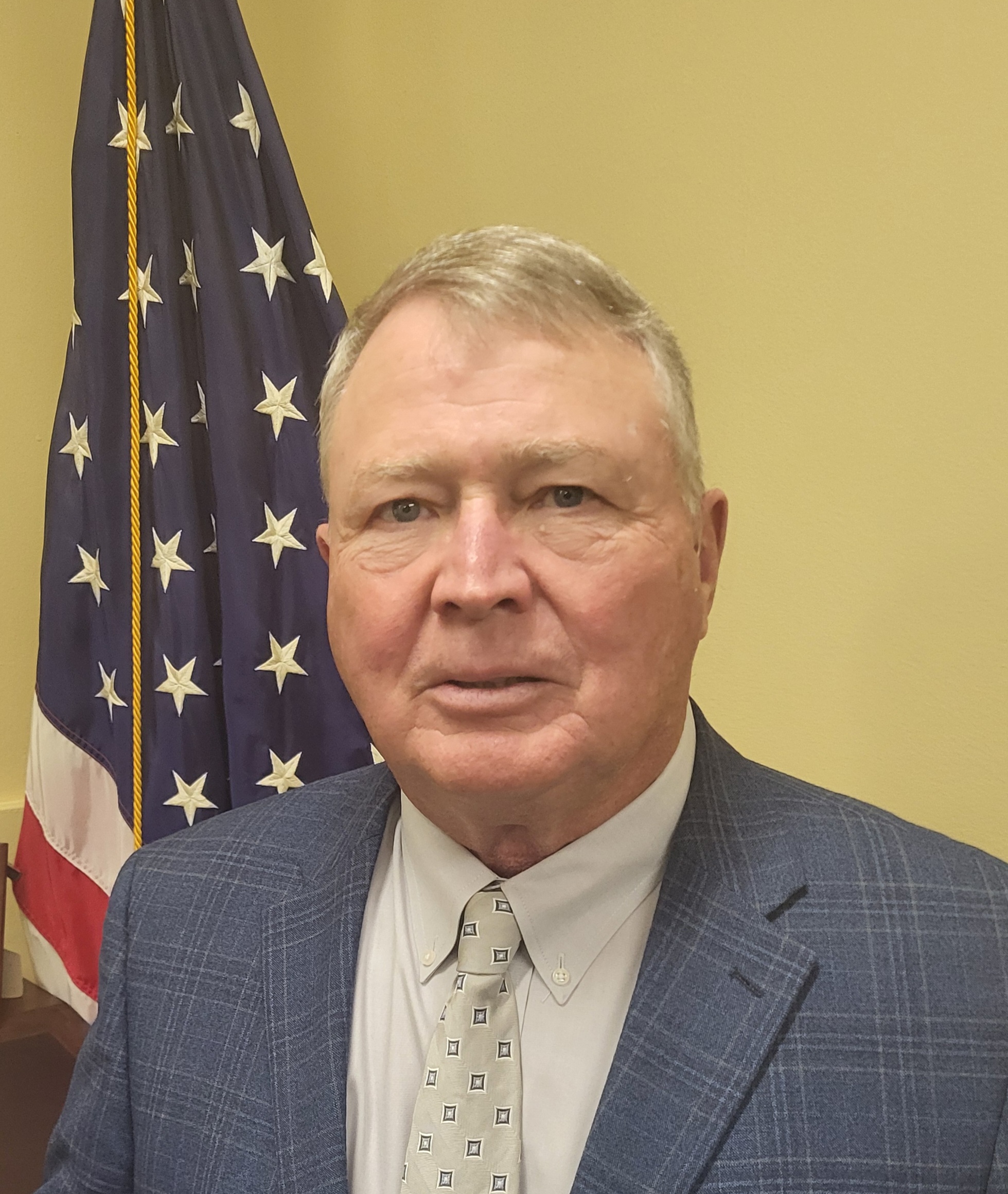



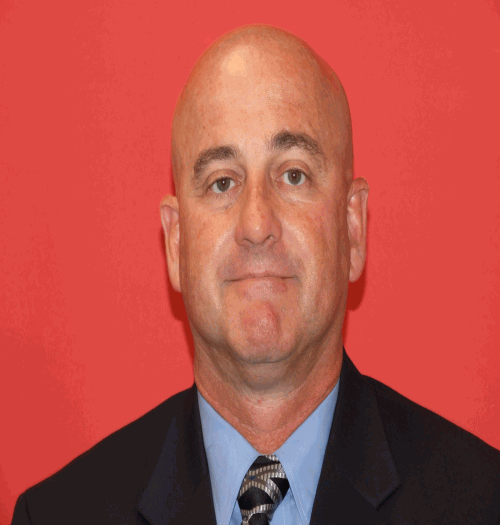



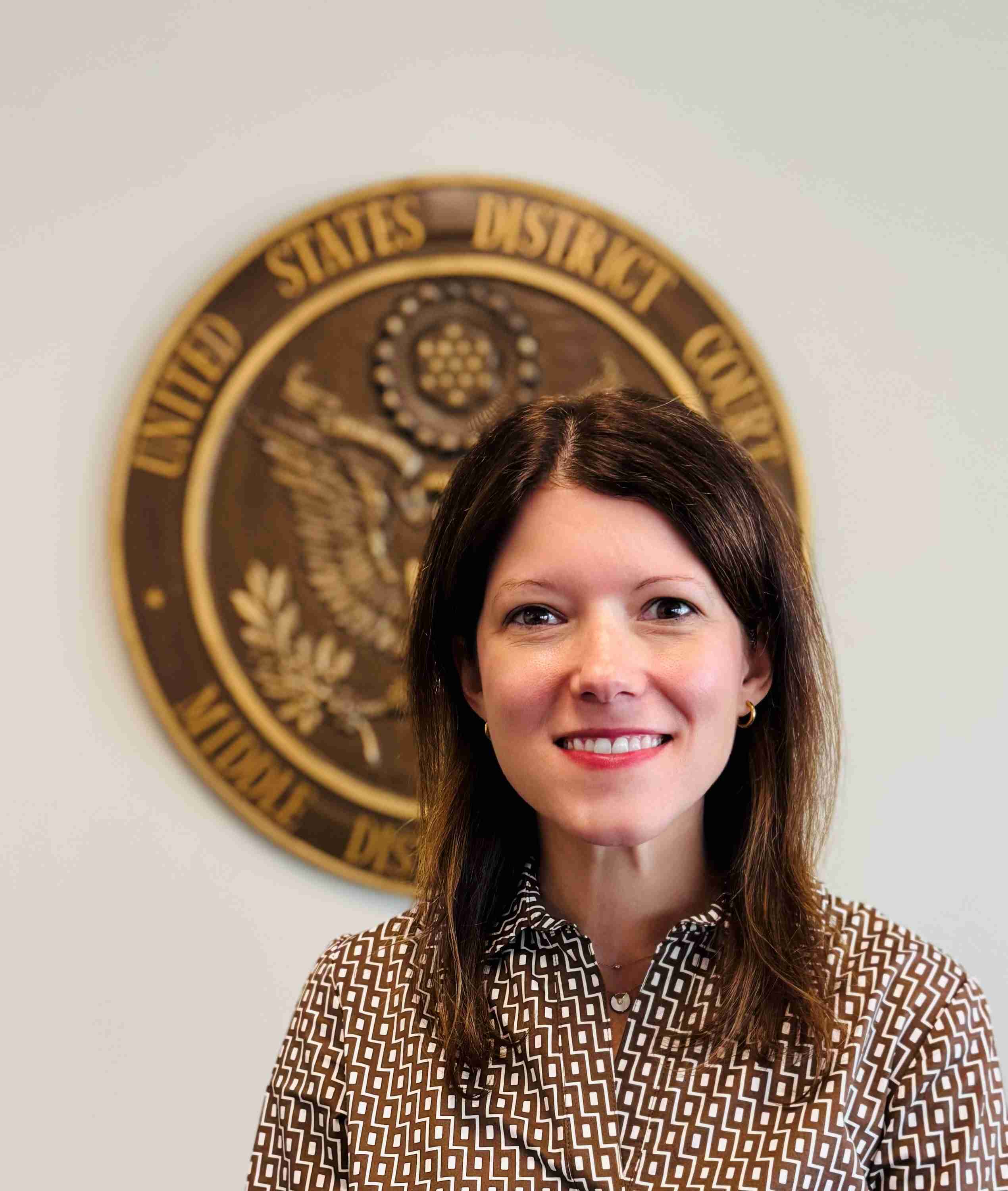











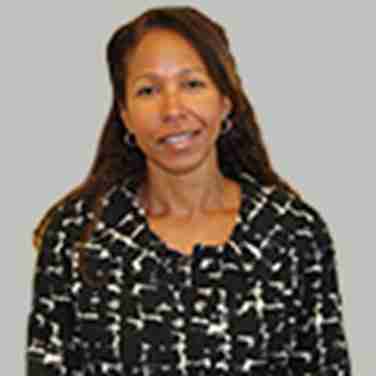



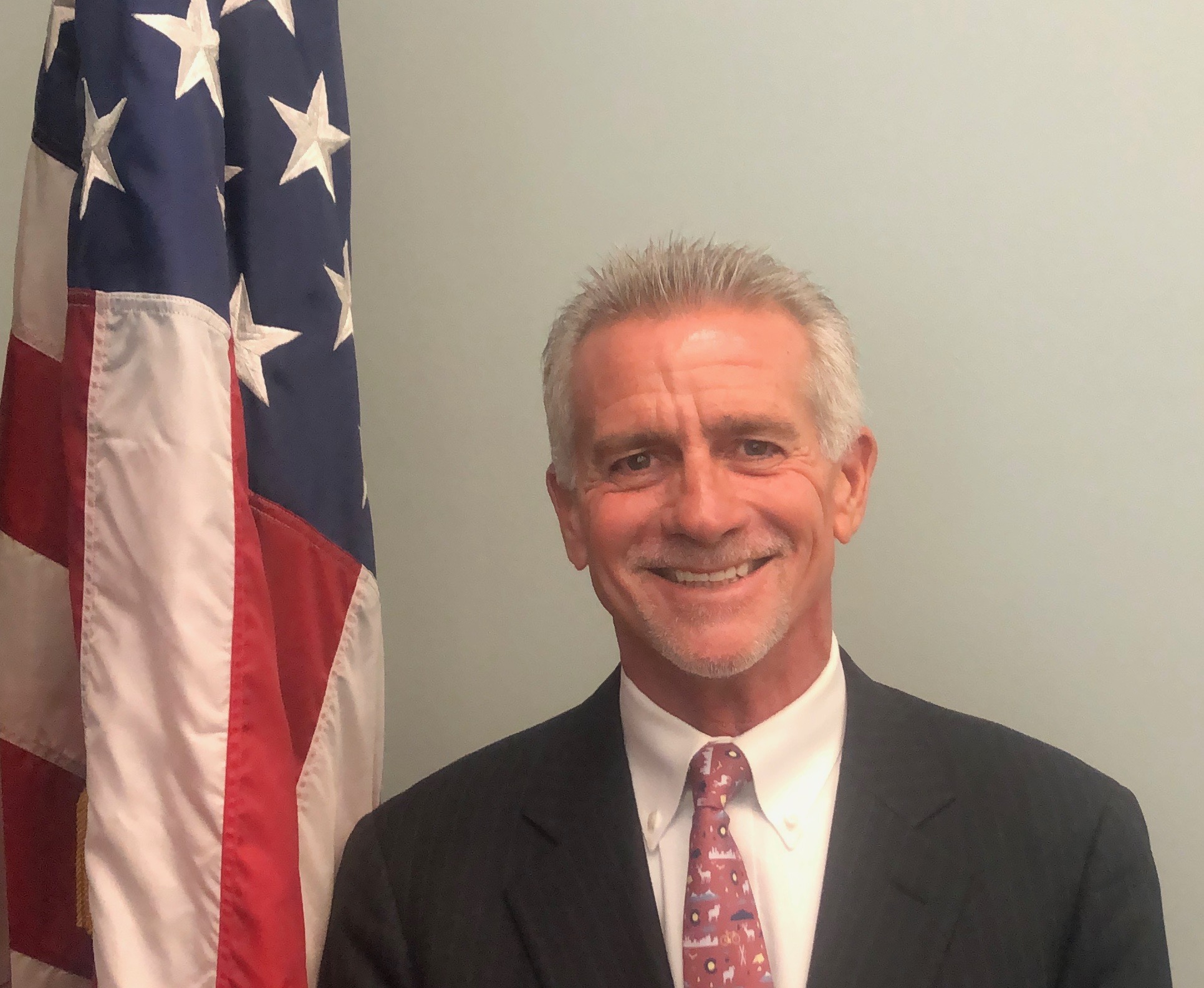

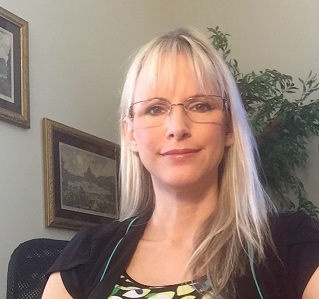









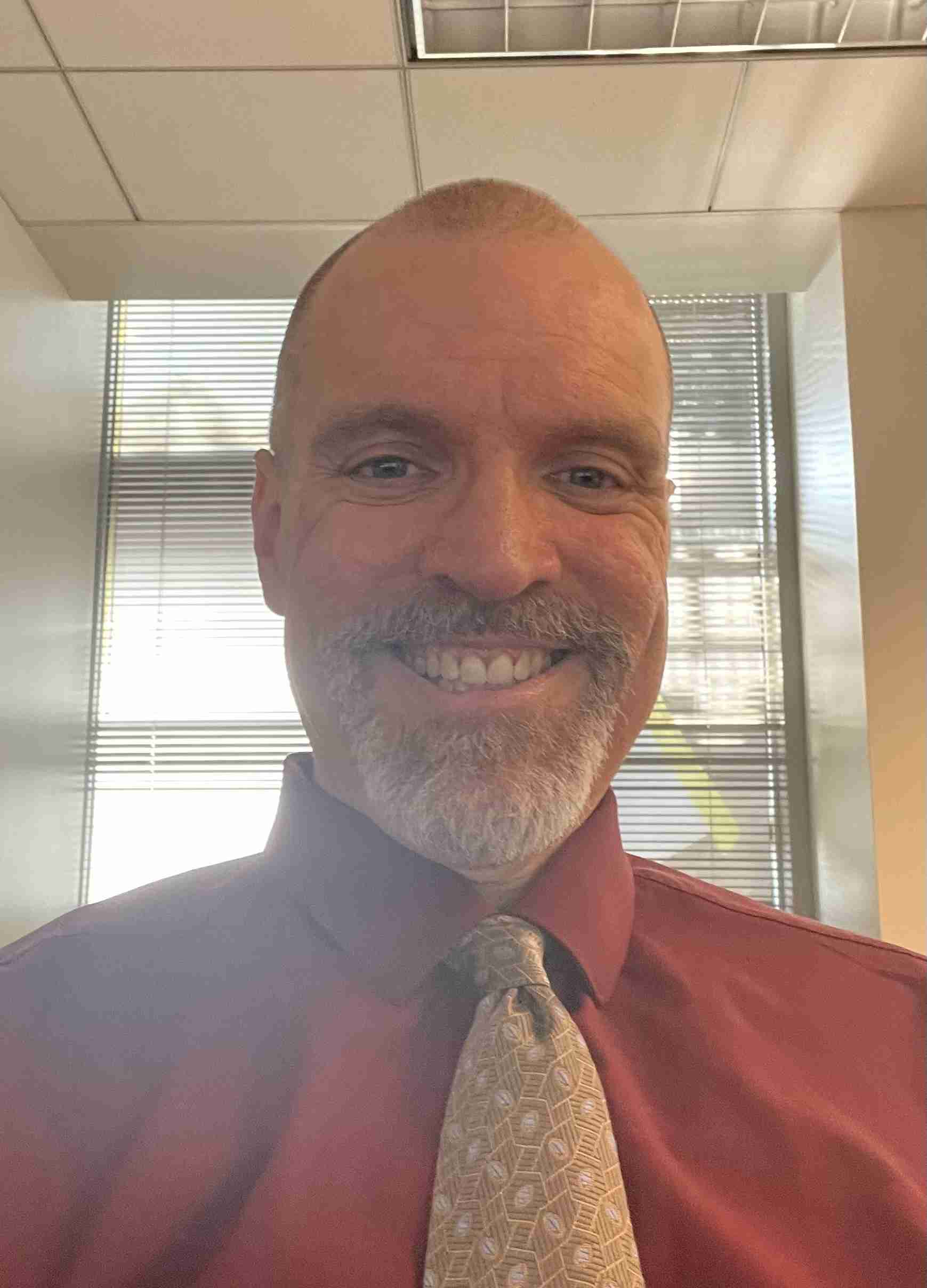


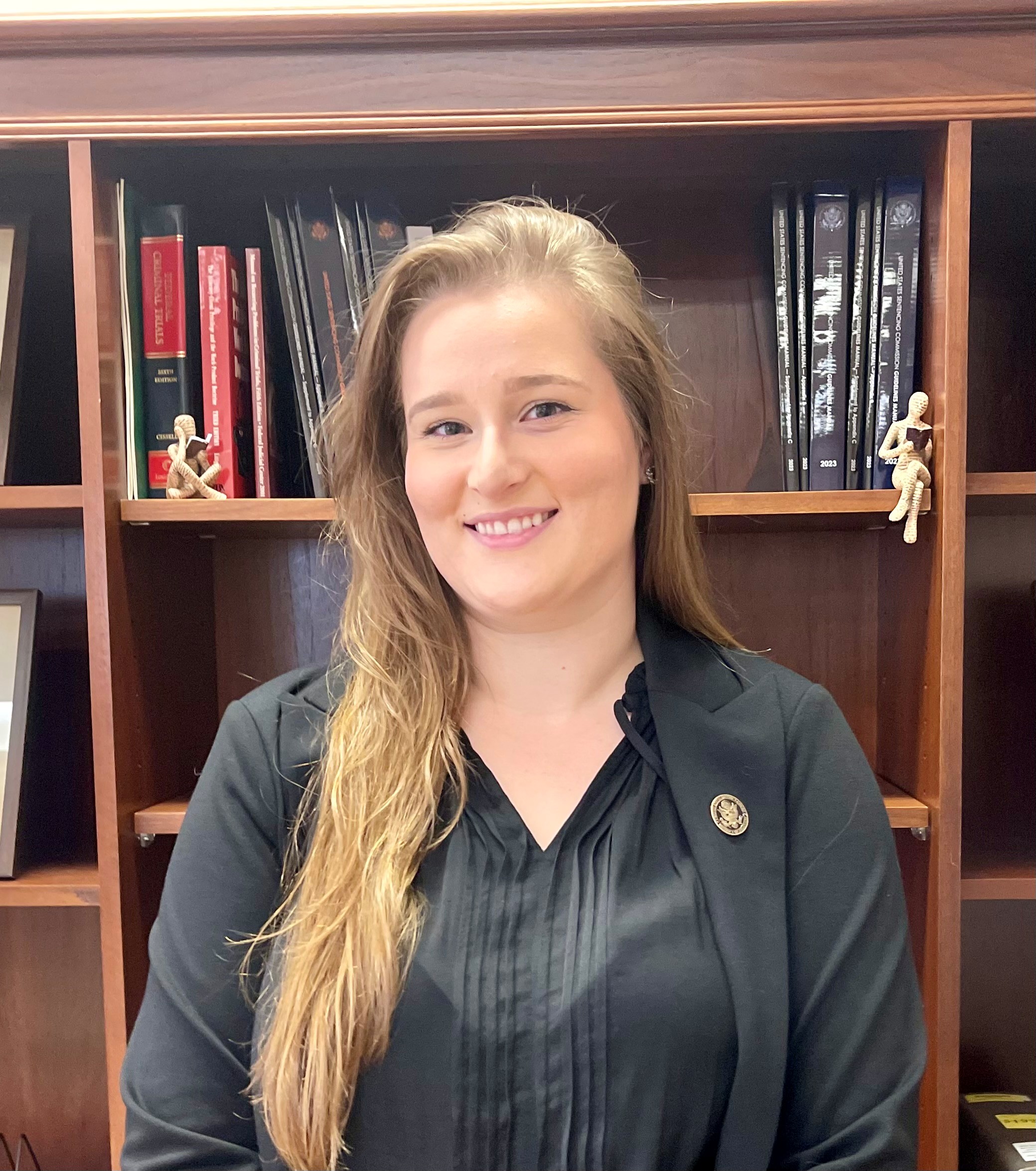



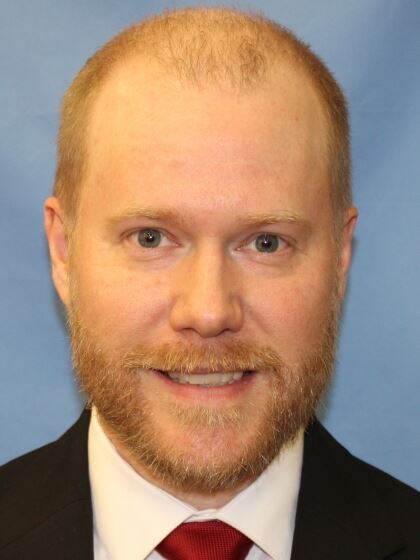










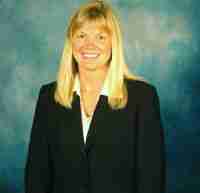

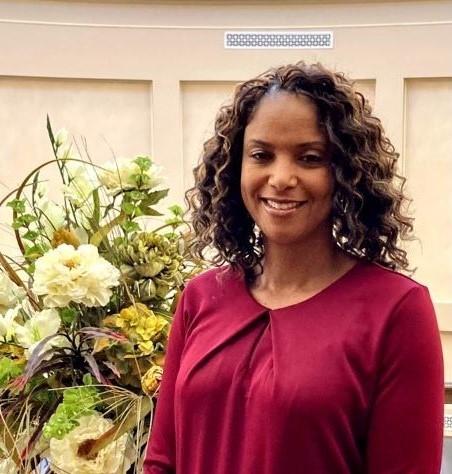






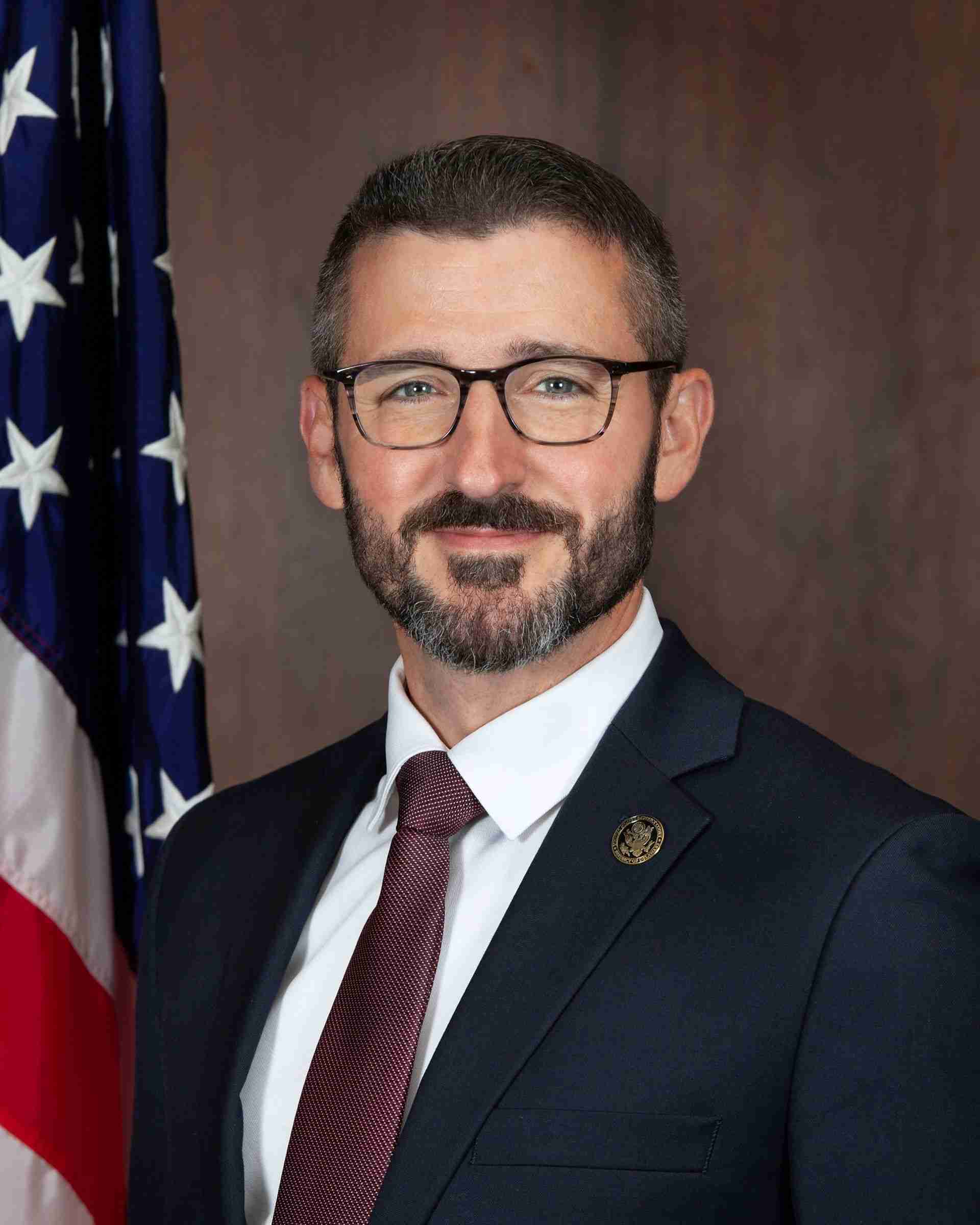








































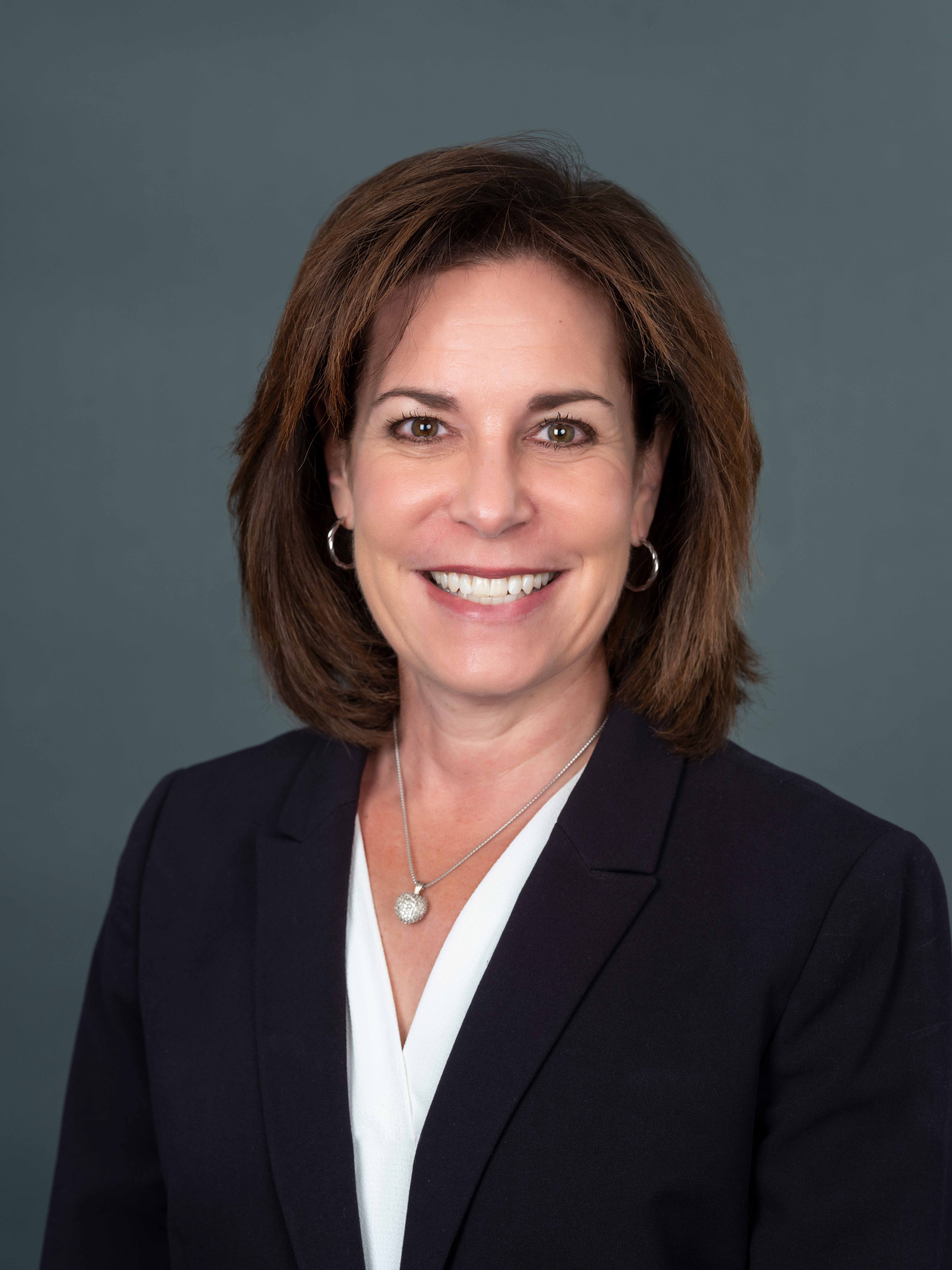













 08/05/2025 11:25 am
to
08/05/2025 11:25 am
to
 08/05/2025 12:10 pm
to
08/05/2025 12:10 pm
to
 08/05/2025 01:50 pm
to
08/05/2025 01:50 pm
to
 08/05/2025 02:45 pm
to
08/05/2025 02:45 pm
to
 08/05/2025 03:30 pm
to
08/05/2025 03:30 pm
to
 08/05/2025 03:50 pm
to
08/05/2025 03:50 pm
to


 08/06/2025 07:30 am
to
08/06/2025 07:30 am
to
 08/06/2025 10:25 am
to
08/06/2025 10:25 am
to
 08/06/2025 11:10 am
to
08/06/2025 11:10 am
to
 08/06/2025 11:20 am
to
08/06/2025 11:20 am
to
 08/06/2025 12:05 pm
to
08/06/2025 12:05 pm
to
 08/06/2025 01:35 pm
to
08/06/2025 01:35 pm
to
 08/06/2025 02:30 pm
to
08/06/2025 02:30 pm
to
 08/06/2025 03:15 pm
to
08/06/2025 03:15 pm
to
 08/07/2025 03:25 pm
to
08/07/2025 03:25 pm
to
 08/06/2025 04:15 pm
to
08/06/2025 04:15 pm
to


 08/07/2025 07:30 am
to
08/07/2025 07:30 am
to
 08/07/2025 09:00 am
to
08/07/2025 09:00 am
to
 08/07/2025 09:25 am
to
08/07/2025 09:25 am
to
 08/07/2025 10:10 am
to
08/07/2025 10:10 am
to
 08/07/2025 10:20 am
to
08/07/2025 10:20 am
to
 08/07/2025 11:05 am
to
08/07/2025 11:05 am
to
 08/07/2025 11:15 am
to
08/07/2025 11:15 am
to
 08/04/2025 03:00 pm
to
08/04/2025 03:00 pm
to
Please join us to grab your Forum tag and chat with the the planners.
 Christina Martin
Christina Martin Jason Spencer
Jason Spencer Joshua Matos
Joshua Matos Laura Buchanan
Laura Buchanan Clarise Cannings
Clarise Cannings Lucien Adam
Lucien Adam Mary Corbin
Mary Corbin 08/04/2025 05:00 pm
to
08/04/2025 05:00 pm
to
Kick off the forum with us at the Welcome Reception! Enjoy great company, light refreshments, and engaging conversations with fellow attendees.
Note: Light refreshments will be provided. A no-host bar will be offered for those who wish to purchase beverages.
 08/05/2025 11:25 am
to
08/05/2025 11:25 am
to
Join us for an interactive presentation designed to empower you with the latest tools and methods for effective training. This session will explore innovative techniques to engage learners, utilize technology, and create memorable training experiences. Attendees will gain practical insights into developing tailored training programs and will leave with actionable strategies to enhance their training toolkit. Let's transform the way we educate and inspire!
 Estella Chavarin
Estella Chavarin 08/05/2025 09:00 am
to
08/05/2025 09:00 am
to
Chief Bankruptcy Judge Caryl E. Delano for the Middle District of Florida will open the Operational Practices Forum.
 Hon. Caryl E. Delano
Hon. Caryl E. Delano 08/05/2025 09:30 am
to
08/05/2025 09:30 am
to
Lee Ann Bennett, Deputy Director; Libby Smith, Associate Director for the Department of Program Services; and Jason Edwards, Chief of the Court Services Office will provide opening remarks.
 Libby Smith
Libby Smith Jason Edwards
Jason Edwards 08/05/2025 10:10 am
to
08/05/2025 10:10 am
to
 Nora Tyer-Witek
Nora Tyer-Witek 08/05/2025 11:25 am
to
08/05/2025 11:25 am
to
 Charles Hall
Charles Hall 08/05/2025 11:25 am
to
08/05/2025 11:25 am
to
 08/05/2025 11:25 am
to
08/05/2025 11:25 am
to
The session will discuss best practices, challenges, and training material that help ensure accurate and informative reporting.
 Danita Chiles, Esq.
Danita Chiles, Esq. Bhavna Samant
Bhavna Samant 08/05/2025 11:25 am
to
08/05/2025 11:25 am
to
Curious about the role of the Central Violations Bureau (CVB)? This session offers a comprehensive look into how the CVB processes federal violation notices and supports U.S. District Courts across the country. Attendees will gain insights into the CVB’s workflow, learn how we facilitate judicial efficiency, and explore the tools and resources available on our official website. The presentation concludes with a guided Q&A and open discussion, encouraging participants to engage, ask questions, and share their perspectives.
 Monte Tingle
Monte Tingle 08/05/2025 11:25 am
to
08/05/2025 11:25 am
to
 Tiffany Franc
Tiffany Franc Jason Spencer
Jason Spencer 08/05/2025 11:25 am
to
08/05/2025 11:25 am
to
When a dispute occurs, one of the necessary steps for resolving it is to gain an accurate understanding regarding what problems caused it. This training will identify the internal barriers to gaining this understanding, explain how to overcome these barriers, and demonstrate the process for talking about the dispute with the other people involved with the goal of gaining the information necessary to resolve it.
 John Minter
John Minter Catherine Geyer
Catherine Geyer Scott Coburn
Scott Coburn 08/05/2025 11:25 am
to
08/05/2025 11:25 am
to
 Laura Buchanan
Laura Buchanan Mary Corbin
Mary Corbin Rich Franzen
Rich Franzen 08/05/2025 11:25 am
to
08/05/2025 11:25 am
to
 LaToya Vaughn
LaToya Vaughn 08/05/2025 11:25 am
to
08/05/2025 11:25 am
to
 Gary McCaffrey
Gary McCaffrey David Levine
David Levine 08/05/2025 11:25 am
to
08/05/2025 11:25 am
to
 Julie Auletta
Julie Auletta 08/05/2025 11:25 am
to
08/05/2025 11:25 am
to
 Che Clay
Che Clay Wayne Wylie
Wayne Wylie Ada I Garcia Rivera
Ada I Garcia Rivera Thomas Plunkett
Thomas Plunkett 08/05/2025 11:25 am
to
08/05/2025 11:25 am
to
Explore how courts are engaging communities through civic education. Learn about innovative programs, outreach strategies, and the role of courts in fostering public understanding of the judiciary. This presentation will also demonstrate the ways in which federal court libraries’ historical materials, coupled with librarian expertise, can enhance public engagement.
 Adriana Mark
Adriana Mark 08/05/2025 11:25 am
to
08/05/2025 11:25 am
to
 08/05/2025 11:25 am
to
08/05/2025 11:25 am
to
 Johanne Remy
Johanne Remy 08/05/2025 11:25 am
to
08/05/2025 11:25 am
to
 Nicole Eallonardo
Nicole Eallonardo Elizabeth Render
Elizabeth Render 08/05/2025 11:25 am
to
08/05/2025 11:25 am
to
 Samantha Miller
Samantha Miller 08/05/2025 12:10 pm
to
08/05/2025 12:10 pm
to
 08/05/2025 01:50 pm
to
08/05/2025 01:50 pm
to
 Johanne Remy
Johanne Remy 08/05/2025 01:50 pm
to
08/05/2025 01:50 pm
to
 Jason Spencer
Jason Spencer Rich Franzen
Rich Franzen 08/05/2025 01:50 pm
to
08/05/2025 01:50 pm
to
 Theodore Hancock
Theodore Hancock 08/05/2025 01:50 pm
to
08/05/2025 01:50 pm
to
 Patrick Chesnut
Patrick Chesnut 08/05/2025 01:50 pm
to
08/05/2025 01:50 pm
to
Leadership is not limited to those with official positions or titles. You can lead and influence both people and processes as a Case Administrator, Courtroom Deputy, or in any capacity or role in Court Operations. This course explores what it means to lead effectively from your current position, emphasizing the traits of successful leaders regardless of their authority. Participants will discover how influence can go beyond traditional power dynamics and will learn strategies to inspire and motivate others across departments with shared common goals. Additionally, the course will highlight the importance of emotional intelligence in leadership, including self-awareness, empathy, and relationship management, to foster a collaborative environment. Effective communication will also be a key focus, illustrating how meaningful interactions enable you to guide others. Join us to unlock your potential as a leader and enhance your impact in your everyday contributions.
 Estella Chavarin
Estella Chavarin 08/05/2025 01:50 pm
to
08/05/2025 01:50 pm
to
With its automation capabilities, Power Automate helps you streamline your business processes and automate repetitive tasks. Its intuitive interface and many connectors allow you to create workflows with little to no knowledge of coding. Join this session to get a high level understanding of how Power Automate works and what it can do for your court.
 Julie Auletta
Julie Auletta 08/05/2025 01:50 pm
to
08/05/2025 01:50 pm
to
 Diana Welham
Diana Welham Robert Rebeck
Robert Rebeck 08/05/2025 01:50 pm
to
08/05/2025 01:50 pm
to
This training – combining principled negotiation, theory, guided practice, and relevant federal court scenarios – equips colleagues to address disputes with a framework of curiosity, empathy, and structure. The training ties theory to real-life situations, so participants walk away with a concrete process for resolving workplace disputes and turning disagreements into constructive dialogue.
 John Minter
John Minter Catherine Geyer
Catherine Geyer Scott Coburn
Scott Coburn 08/05/2025 01:50 pm
to
08/05/2025 01:50 pm
to
Join fellow bankruptcy court operations staff and management in a roundtable discussion to share your positive and negative experiences when dealing with bankruptcy petition preparers (BPPs) and shed light on BPP best practices that have worked well for your court
 Traci Abrams
Traci Abrams 08/05/2025 01:50 pm
to
08/05/2025 01:50 pm
to
 Wayne Wylie
Wayne Wylie 08/05/2025 01:50 pm
to
08/05/2025 01:50 pm
to
Lessons Learned and Best Practices when Implementing Change as a New Leader, or as a Leader in a New Role.
 Randall Lohan
Randall Lohan 08/05/2025 01:50 pm
to
08/05/2025 01:50 pm
to
 Laura Buchanan
Laura Buchanan 08/05/2025 01:50 pm
to
08/05/2025 01:50 pm
to
 08/05/2025 01:50 pm
to
08/05/2025 01:50 pm
to
 Michelle Spidell
Michelle Spidell 08/05/2025 01:50 pm
to
08/05/2025 01:50 pm
to
 Charles Hall
Charles Hall 08/05/2025 01:50 pm
to
08/05/2025 01:50 pm
to
 08/05/2025 02:45 pm
to
08/05/2025 02:45 pm
to
Today, artificial intelligence (AI) and data analytics are driving everyday interactions with legal research services like Westlaw, Lexis Advance, and Bloomberg Law, and the prevalence of AI and data analytics in our legal research products is growing. These products promise faster and more efficient research, more relevant results, and the ability identify trends in large, complex datasets in a matter of seconds! They also claim to provide “predictive” information, especially as it relates to the federal courts—insights into the behavior, rulings, patterns, and outcomes associated with specific judges, courts, attorneys, law firms, expert witnesses, and even case types. This session will explore current developments in AI and data analytics, as they relate to products used by judiciary researchers, while also considering potential implications of these technologies.
 Adriana Mark
Adriana Mark Mitchell Witkov
Mitchell Witkov 08/05/2025 02:45 pm
to
08/05/2025 02:45 pm
to
 Nancy Lealaisalanoa
Nancy Lealaisalanoa 08/05/2025 02:45 pm
to
08/05/2025 02:45 pm
to
 Arevik Chukhuryan
Arevik Chukhuryan 08/05/2025 02:45 pm
to
08/05/2025 02:45 pm
to
This session will discuss district court caseload data, how the data is used and how courts can use NewStats to review their court’s caseload statistics.
 Danita Chiles, Esq.
Danita Chiles, Esq. Kathy Cavazos
Kathy Cavazos 08/05/2025 02:45 pm
to
08/05/2025 02:45 pm
to
 Rich Franzen
Rich Franzen 08/05/2025 02:45 pm
to
08/05/2025 02:45 pm
to
 Stephen Grant
Stephen Grant 08/05/2025 02:45 pm
to
08/05/2025 02:45 pm
to
 Jason Spencer
Jason Spencer Wayne Wylie
Wayne Wylie 08/05/2025 02:45 pm
to
08/05/2025 02:45 pm
to
Ever wonder what the National Service Desk actually does? This session gives a quick, practical overview of who we are, how we support courts across the country, and what you can expect when working with us. We’ll cover our mission, services, and tips for getting the most out of NSD support. Bring your questions—Q&A at the end!
 Shannon Thuemmel Proctor
Shannon Thuemmel Proctor Davin Dukes
Davin Dukes 08/05/2025 02:45 pm
to
08/05/2025 02:45 pm
to
 Nora Tyer-Witek
Nora Tyer-Witek Thomas Plunkett
Thomas Plunkett 08/05/2025 02:45 pm
to
08/05/2025 02:45 pm
to
 LaToya Vaughn
LaToya Vaughn 08/05/2025 02:45 pm
to
08/05/2025 02:45 pm
to
Join us for an engaging peer discussion where we'll dive into the key elements of succession planning within our respective courts. We'll explore the essential qualities that define effective leaders and discuss strategies for identifying and nurturing talent among our current team members. Our conversation will also focus on enhancing mentorship programs and fostering cross-department collaboration to create a holistic approach to leadership and organizational development. Together, let’s share successful experiences to pave the way for a thriving future!
 Estella Chavarin
Estella Chavarin 08/05/2025 02:45 pm
to
08/05/2025 02:45 pm
to
 Laura Buchanan
Laura Buchanan 08/05/2025 02:45 pm
to
08/05/2025 02:45 pm
to
A discussion on how to effectively manage civil cases and ways to promote Chambers efficiency to make your Chambers the best that it can be!
 Diana Welham
Diana Welham 08/05/2025 02:45 pm
to
08/05/2025 02:45 pm
to
 Mary Corbin
Mary Corbin 08/05/2025 02:45 pm
to
08/05/2025 02:45 pm
to
 Randall Lohan
Randall Lohan 08/05/2025 02:45 pm
to
08/05/2025 02:45 pm
to
 08/05/2025 03:30 pm
to
08/05/2025 03:30 pm
to
 08/05/2025 03:50 pm
to
08/05/2025 03:50 pm
to
 Erin Short
Erin Short Ken Gardner
Ken Gardner 08/05/2025 03:50 pm
to
08/05/2025 03:50 pm
to
 Danita Chiles, Esq.
Danita Chiles, Esq. Kathy Cavazos
Kathy Cavazos 08/05/2025 03:50 pm
to
08/05/2025 03:50 pm
to
 Joe Markley
Joe Markley Bhavna Samant
Bhavna Samant 08/05/2025 03:50 pm
to
08/05/2025 03:50 pm
to
 Mitchell Witkov
Mitchell Witkov Adriana Mark
Adriana Mark 08/05/2025 03:50 pm
to
08/05/2025 03:50 pm
to
 Charles Hall
Charles Hall 08/05/2025 03:50 pm
to
08/05/2025 03:50 pm
to
 08/05/2025 03:50 pm
to
08/05/2025 03:50 pm
to
The COVID era resulted in telework mastery and a substantial shift in many courts toward hybrid work schedules. Come share your best practices and pitfalls to consider when fostering an effective hybrid work environment.
 Traci Abrams
Traci Abrams 08/05/2025 03:50 pm
to
08/05/2025 03:50 pm
to
 Michelle Spidell
Michelle Spidell 08/05/2025 03:50 pm
to
08/05/2025 03:50 pm
to
 John Minter
John Minter Catherine Geyer
Catherine Geyer Scott Coburn
Scott Coburn 08/05/2025 03:50 pm
to
08/05/2025 03:50 pm
to
Lessons Learned and Best Practices when Implementing Change as a New Leader, or as a Leader in a New Role.
 Randall Lohan
Randall Lohan 08/05/2025 03:50 pm
to
08/05/2025 03:50 pm
to
With its automation capabilities, Power Automate helps you streamline your business processes and automate repetitive tasks. Its intuitive interface and many connectors allow you to create workflows with little to no knowledge of coding. Join this session to get a high level understanding of how Power Automate works and what it can do for your court.
 Julie Auletta
Julie Auletta 08/05/2025 03:50 pm
to
08/05/2025 03:50 pm
to
 Jennifer Spampanato
Jennifer Spampanato 08/05/2025 03:50 pm
to
08/05/2025 03:50 pm
to
 Laura Buchanan
Laura Buchanan 08/05/2025 03:50 pm
to
08/05/2025 03:50 pm
to
 08/05/2025 03:50 pm
to
08/05/2025 03:50 pm
to
 08/05/2025 03:50 pm
to
08/05/2025 03:50 pm
to
 Tiffany Franc
Tiffany Franc 08/05/2025 03:50 pm
to
08/05/2025 03:50 pm
to
 Patrick McGourty
Patrick McGourty 08/05/2025 03:50 pm
to
08/05/2025 03:50 pm
to
 Mary Corbin
Mary Corbin 08/06/2025 07:30 am
to
08/06/2025 07:30 am
to
 08/06/2025 09:00 am
to
08/06/2025 09:00 am
to
 08/06/2025 09:10 am
to
08/06/2025 09:10 am
to
Amy Boman and Parik Chokshi
 Amy Borman
Amy Borman 08/06/2025 10:25 am
to
08/06/2025 10:25 am
to
 08/06/2025 10:25 am
to
08/06/2025 10:25 am
to
 Gary McCaffrey
Gary McCaffrey 08/06/2025 10:25 am
to
08/06/2025 10:25 am
to
 Laura Buchanan
Laura Buchanan Rich Franzen
Rich Franzen Mary Corbin
Mary Corbin 08/06/2025 10:25 am
to
08/06/2025 10:25 am
to
 G. Ian Peng
G. Ian Peng 08/06/2025 10:25 am
to
08/06/2025 10:25 am
to
 Tiffany Franc
Tiffany Franc 08/06/2025 10:25 am
to
08/06/2025 10:25 am
to
Join us to discuss sealed case management practices with your peers.
 Andrea Baldwin
Andrea Baldwin 08/06/2025 10:25 am
to
08/06/2025 10:25 am
to
Join for this "Build Your Own Agenda" session to learn about the Court Reporter Exchange tool.
 Joshua Matos
Joshua Matos 08/06/2025 10:25 am
to
08/06/2025 10:25 am
to
Join us in this "Build Your Own Agenda" session to learn more about the AI Task Force
 Lucien Adam
Lucien Adam 08/06/2025 10:25 am
to
08/06/2025 10:25 am
to
Join us in this "Build Your Own Agenda" session to learn about the new CMAssist update.
 Aimee Stafford
Aimee Stafford 08/06/2025 10:25 am
to
08/06/2025 10:25 am
to
Join us in this "Build Your Agenda" Session to learn more about CHAP
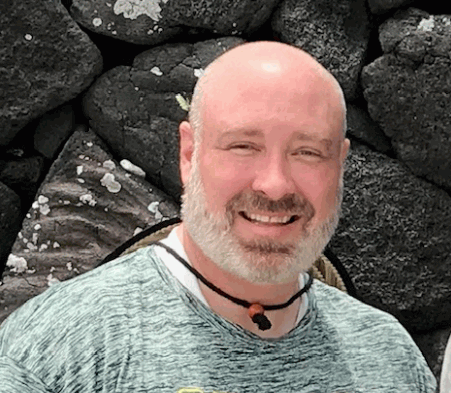 Jared Vanderhoff
Jared Vanderhoff 08/06/2025 10:25 am
to
08/06/2025 10:25 am
to
 Michelle Spidell
Michelle Spidell 08/06/2025 10:25 am
to
08/06/2025 10:25 am
to
Join us for this "Build your own agenda" session on court interpreting best practices and support from the AO
 Leonor Figueroa-Feher
Leonor Figueroa-Feher 08/06/2025 10:25 am
to
08/06/2025 10:25 am
to
Join us in this "Build Your Own Agenda" session for a brief update on CMM
 08/06/2025 10:25 am
to
08/06/2025 10:25 am
to
Join us in this "Build Your Own Agenda" session to dive deeper into wellness and resiliency at work
 Melinda Felix
Melinda Felix LaToya Vaughn
LaToya Vaughn 08/06/2025 10:25 am
to
08/06/2025 10:25 am
to
Join us in this "Build Your Own Agenda" session
 Theodore Hancock
Theodore Hancock 08/06/2025 11:10 am
to
08/06/2025 11:10 am
to
 08/06/2025 11:20 am
to
08/06/2025 11:20 am
to
Your circuit library has expert researchers, cutting-edge legal databases, and the tech know-how to support your work—no matter the size or scope. From tackling complex legal questions to planning a court anniversary celebration or launching public education initiatives, your library is a strategic partner in getting it done faster, smarter, and better. Join us for a fast-paced, idea-packed session that will change the way you think about the library.
 Adriana Mark
Adriana Mark 08/06/2025 11:20 am
to
08/06/2025 11:20 am
to
Join us for a high-level overview of jury best practices on topics including the U.S. District Courts’ Monthly Petit Juror Usage Reporting Guide (JS-11), the Employee Assistance Program (EAP), optimizing jury mailing practices, and the future web-based Jury Management System (JMS).
 G. Ian Peng
G. Ian Peng 08/06/2025 11:20 am
to
08/06/2025 11:20 am
to
 08/06/2025 11:20 am
to
08/06/2025 11:20 am
to
Join us for a discussion on tools and practices employed by courts using CM/ECF to ensure data quality. Participants will also have the opportunity to share how they manage quality control in their courts.
 James Alvino
James Alvino 08/06/2025 11:20 am
to
08/06/2025 11:20 am
to
 Gary McCaffrey
Gary McCaffrey Michele Roberts
Michele Roberts 08/06/2025 11:20 am
to
08/06/2025 11:20 am
to
 Wayne Wylie
Wayne Wylie Jason Spencer
Jason Spencer 08/06/2025 11:20 am
to
08/06/2025 11:20 am
to
 Daniel Wang
Daniel Wang 08/06/2025 11:20 am
to
08/06/2025 11:20 am
to
Join us in this "Make your own Agenda" Session
 08/06/2025 11:20 am
to
08/06/2025 11:20 am
to
 Charles Hall
Charles Hall 08/06/2025 11:20 am
to
08/06/2025 11:20 am
to
 Erin Short
Erin Short Ken Gardner
Ken Gardner 08/06/2025 11:20 am
to
08/06/2025 11:20 am
to
This session will provide an overview of what MJSTAR is, why it is important, and what you can do to review your court’s MJSTAR data.
 Anaida Vizza
Anaida Vizza Melissa Biggs
Melissa Biggs 08/06/2025 11:20 am
to
08/06/2025 11:20 am
to
 Patrick McGourty
Patrick McGourty 08/06/2025 11:20 am
to
08/06/2025 11:20 am
to
With its automation capabilities, Power Automate helps you streamline your business processes and automate repetitive tasks. Join this session to see how you can automate a few simple operational tasks.
 Julie Auletta
Julie Auletta 08/06/2025 11:20 am
to
08/06/2025 11:20 am
to
 Aimee Stafford
Aimee Stafford 08/06/2025 11:20 am
to
08/06/2025 11:20 am
to
Courts share operational and interpersonal strategies to deal with difficult filers. An in-depth discussion on how courts handle daily challenges such as: judge-shopping, excessive filing, and inappropriate conduct towards court staff.
 Diana Welham
Diana Welham Samantha Miller
Samantha Miller 08/06/2025 11:20 am
to
08/06/2025 11:20 am
to
 Ada I Garcia Rivera
Ada I Garcia Rivera 08/06/2025 11:20 am
to
08/06/2025 11:20 am
to
 Johanne Remy
Johanne Remy 08/06/2025 12:05 pm
to
08/06/2025 12:05 pm
to
 08/06/2025 01:35 pm
to
08/06/2025 01:35 pm
to
You can easily create surveys, quizzes, and polls with Microsoft Forms. You can even send a form link to someone outside the judiciary to collect information with an impressive, professional interface. And since it's included in our Office 365 subscription, it's free to you. But there is more to Microsoft Forms - way more. Join this session to learn how you can supersize your Forms with Power Automate and SharePoint.
 Julie Auletta
Julie Auletta 08/06/2025 01:35 pm
to
08/06/2025 01:35 pm
to
 Che Clay
Che Clay Nora Tyer-Witek
Nora Tyer-Witek 08/06/2025 01:35 pm
to
08/06/2025 01:35 pm
to
 Michelle Spidell
Michelle Spidell 08/06/2025 01:35 pm
to
08/06/2025 01:35 pm
to
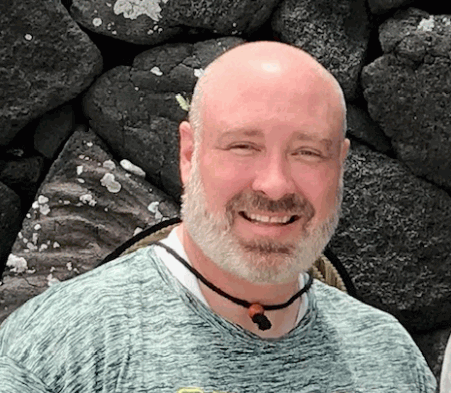 Jared Vanderhoff
Jared Vanderhoff Joseph Patterson
Joseph Patterson 08/06/2025 01:35 pm
to
08/06/2025 01:35 pm
to
 Nancy Lealaisalanoa
Nancy Lealaisalanoa 08/06/2025 01:35 pm
to
08/06/2025 01:35 pm
to
 Wayne Wylie
Wayne Wylie 08/06/2025 01:35 pm
to
08/06/2025 01:35 pm
to
 Charles Hall
Charles Hall 08/06/2025 01:35 pm
to
08/06/2025 01:35 pm
to
 Stephen Grant
Stephen Grant 08/06/2025 01:35 pm
to
08/06/2025 01:35 pm
to
 Jason Spencer
Jason Spencer Rich Franzen
Rich Franzen 08/06/2025 01:35 pm
to
08/06/2025 01:35 pm
to
 John Minter
John Minter Catherine Geyer
Catherine Geyer Scott Coburn
Scott Coburn 08/06/2025 01:35 pm
to
08/06/2025 01:35 pm
to
Join the discussion among peers where you can share experiences and strategies related to achieving more with less. We’ll explore various topics including resource allocation, prioritization techniques, creativity and innovation, mindset and attitudes, continuous improvement, and communication approaches. Let’s come together to inspire one another and exchange valuable ideas!
 Estella Chavarin
Estella Chavarin 08/06/2025 01:35 pm
to
08/06/2025 01:35 pm
to
This presentation explores essential principles and best practices for effective project management within the federal judiciary system. It highlights and provides common sense tips to handle some of the unique challenges faced by judicial projects, including diverse stakeholder interests, rigid court schedules, complex stakeholder environments and budget cycles and funding constrains. Attendees will gain practical insights to enhance project delivery, improve collaboration, and ensure alignment with judicial mission and goals.
 Robert Rebeck
Robert Rebeck 08/06/2025 01:35 pm
to
08/06/2025 01:35 pm
to
 Nicole Eallonardo
Nicole Eallonardo Elizabeth Render
Elizabeth Render 08/06/2025 01:35 pm
to
08/06/2025 01:35 pm
to
 08/06/2025 01:35 pm
to
08/06/2025 01:35 pm
to
 Mary Corbin
Mary Corbin 08/06/2025 01:35 pm
to
08/06/2025 01:35 pm
to
 James Alvino
James Alvino 08/06/2025 01:35 pm
to
08/06/2025 01:35 pm
to
Getting ready for the CM/ECF 1.9 upgrade? This session walks you through what to expect before, during, and after upgrade weekend. We’ll cover key tasks, preparation, timelines, and tips to help things go smoothly. Bring your questions—Q&A at the end!
 Shannon Thuemmel Proctor
Shannon Thuemmel Proctor 08/06/2025 01:35 pm
to
08/06/2025 01:35 pm
to
 Jennifer Spampanato
Jennifer Spampanato 08/06/2025 02:30 pm
to
08/06/2025 02:30 pm
to
 Adriana Mark
Adriana Mark 08/06/2025 02:30 pm
to
08/06/2025 02:30 pm
to
 James Alvino
James Alvino 08/06/2025 02:30 pm
to
08/06/2025 02:30 pm
to
 Aimee Stafford
Aimee Stafford 08/06/2025 02:30 pm
to
08/06/2025 02:30 pm
to
 Wayne Wylie
Wayne Wylie 08/06/2025 02:30 pm
to
08/06/2025 02:30 pm
to
 Jared Vanderhoff
Jared Vanderhoff Joseph Patterson
Joseph Patterson 08/06/2025 02:30 pm
to
08/06/2025 02:30 pm
to
Join us for an in-depth exploration of how cutting-edge technology is transforming federal court operations and enhancing access to justice. This session will examine the current state of court technology, from the remarkable success of electronic filing systems, which process 95% of federal court filings, to the revolutionary impact of remote proceedings, which have conducted 2.8 million hearings since 2020. Participants will discover proven innovations, including artificial intelligence initiatives, cloud technology transformations, and specialized court applications like CHAPWeb for bankruptcy courts and the Judicial Voice Recorder (JVR) system.
Looking toward the future, this session will envision emerging opportunities in virtual and augmented reality applications, advanced analytics and machine learning, and the integration of the Internet of Things in court operations. The session emphasizes overcoming common challenges through proven solutions, including phased migration strategies, comprehensive training programs, and multi-layered cybersecurity approaches that ensure compliance with federal standards. Whether you're exploring shared services, developing inter-circuit relationships, or planning the progression toward paperless technologies, this session provides the framework and insights needed to leverage technology for enhanced court operations successfully.
 Stephen Grant
Stephen Grant Robert Rebeck
Robert Rebeck 08/06/2025 02:30 pm
to
08/06/2025 02:30 pm
to
The COVID era resulted in telework mastery and a substantial shift in many courts toward hybrid work schedules. Come share your best practices and pitfalls to consider when fostering an effective hybrid work environment.
 Traci Abrams
Traci Abrams 08/06/2025 02:30 pm
to
08/06/2025 02:30 pm
to
 Melinda Felix
Melinda Felix LaToya Vaughn
LaToya Vaughn 08/06/2025 02:30 pm
to
08/06/2025 02:30 pm
to
 John Minter
John Minter Catherine Geyer
Catherine Geyer Scott Coburn
Scott Coburn 08/06/2025 02:30 pm
to
08/06/2025 02:30 pm
to
Join us for a high-level overview of jury best practices on topics including the U.S. District Courts’ Monthly Petit Juror Usage Reporting Guide (JS-11), the Employee Assistance Program (EAP), optimizing jury mailing practices, and the future web-based Jury Management System (JMS).
 G. Ian Peng
G. Ian Peng 08/06/2025 02:30 pm
to
08/06/2025 02:30 pm
to
 Mary Corbin
Mary Corbin 08/06/2025 02:30 pm
to
08/06/2025 02:30 pm
to
 Nicole Eallonardo
Nicole Eallonardo Elizabeth Render
Elizabeth Render 08/06/2025 02:30 pm
to
08/06/2025 02:30 pm
to
 08/06/2025 02:30 pm
to
08/06/2025 02:30 pm
to
 Gari Gonzalez
Gari Gonzalez Kevin Guinn
Kevin Guinn 08/06/2025 02:30 pm
to
08/06/2025 02:30 pm
to
 08/06/2025 02:30 pm
to
08/06/2025 02:30 pm
to
 08/06/2025 02:30 pm
to
08/06/2025 02:30 pm
to
 Theodore Hancock
Theodore Hancock Laura Buchanan
Laura Buchanan 08/06/2025 03:15 pm
to
08/06/2025 03:15 pm
to
 08/06/2025 03:25 pm
to
08/06/2025 03:25 pm
to
 Jason Spencer
Jason Spencer Tiffany Franc
Tiffany Franc 08/06/2025 03:25 pm
to
08/06/2025 03:25 pm
to
This session will provide insight on converting jury operations from a two-step to a one-step process and the benefits of this conversion.
 G. Ian Peng
G. Ian Peng 08/06/2025 03:25 pm
to
08/06/2025 03:25 pm
to
 Diana Welham
Diana Welham Robert Rebeck
Robert Rebeck 08/06/2025 03:25 pm
to
08/06/2025 03:25 pm
to
Although AI chatbots can save you time and help you do things that you’ve never done before, many people struggle to get good results. This interactive presentation shows you what context and details make the difference between frustrating, generic responses and genuinely useful results. Through live demos, before-and-after prompt examples, and a prompting framework, you’ll discover practical techniques that immediately improve both the quality of AI responses and your productivity.
 Zachary Hawari
Zachary Hawari 08/06/2025 03:25 pm
to
08/06/2025 03:25 pm
to
 Patrick Chesnut
Patrick Chesnut 08/06/2025 03:25 pm
to
08/06/2025 03:25 pm
to
 Stephen Grant
Stephen Grant 08/06/2025 03:25 pm
to
08/06/2025 03:25 pm
to
 Daniel Wang
Daniel Wang 08/06/2025 03:25 pm
to
08/06/2025 03:25 pm
to
 Charles Hall
Charles Hall 08/06/2025 03:25 pm
to
08/06/2025 03:25 pm
to
Ever wonder what the National Service Desk actually does? This session gives a quick, practical overview of who we are, how we support courts across the country, and what you can expect when working with us. We’ll cover our mission, services, and tips for getting the most out of NSD support. Bring your questions—Q&A at the end!
 Shannon Thuemmel Proctor
Shannon Thuemmel Proctor Davin Dukes
Davin Dukes 08/06/2025 03:25 pm
to
08/06/2025 03:25 pm
to
 Theodore Hancock
Theodore Hancock 08/06/2025 03:25 pm
to
08/06/2025 03:25 pm
to
 Melinda Felix
Melinda Felix LaToya Vaughn
LaToya Vaughn 08/06/2025 03:25 pm
to
08/06/2025 03:25 pm
to
 08/06/2025 03:25 pm
to
08/06/2025 03:25 pm
to
This session will discuss district court caseload data, how the data is used and how courts can use NewStats to review their court’s caseload statistics. If time permits, this session will also discuss frequently asked caseload reporting questions.
 Danita Chiles, Esq.
Danita Chiles, Esq. 08/06/2025 03:25 pm
to
08/06/2025 03:25 pm
to
 Arevik Chukhuryan
Arevik Chukhuryan 08/06/2025 03:25 pm
to
08/06/2025 03:25 pm
to
 08/06/2025 03:25 pm
to
08/06/2025 03:25 pm
to
 James Alvino
James Alvino 08/06/2025 03:25 pm
to
08/06/2025 03:25 pm
to
 Rich Franzen
Rich Franzen Giuseppe Ippolito
Giuseppe Ippolito 08/06/2025 04:15 pm
to
08/06/2025 04:15 pm
to
 Jason Spencer
Jason Spencer Rich Franzen
Rich Franzen 08/06/2025 04:15 pm
to
08/06/2025 04:15 pm
to
This session highlights frequent CM/ECF issues encountered by court staff and offers practical workarounds to resolve them quickly. Our goal is to help reduce downtime, improve response times, and boost confidence when supporting end users. We’ll wrap up with a Q&A to address specific scenarios and share additional tips.
 Shannon Thuemmel Proctor
Shannon Thuemmel Proctor Davin Dukes
Davin Dukes 08/06/2025 04:15 pm
to
08/06/2025 04:15 pm
to
 Giuseppe Ippolito
Giuseppe Ippolito 08/06/2025 04:15 pm
to
08/06/2025 04:15 pm
to
 Jennifer West
Jennifer West 08/06/2025 04:15 pm
to
08/06/2025 04:15 pm
to
 Gary McCaffrey
Gary McCaffrey Michele Roberts
Michele Roberts 08/06/2025 04:15 pm
to
08/06/2025 04:15 pm
to
This session will provide a comprehensive review of the basics for contracting court interpreters related to the recent updates to the contract and the Instructions for Locating and Procuring Contract Court Interpreters. The presenters will prompt discussion based on scenarios designed to help attendees better understand how to apply contractual terms, and how to manage their internal staff’s duties to ensure interpreter contracts are executed timely and by authorized staffs, to avoid unauthorized commitments. The goal for this session is to encourage courts to create, review, and/or improve court interpreter contracting policy and their internal interpreter coordinating procedures to ensure contracting practices are current and compliant.
 Lucien Adam
Lucien Adam Leonor Figueroa-Feher
Leonor Figueroa-Feher 08/06/2025 04:15 pm
to
08/06/2025 04:15 pm
to
 Joshua Matos
Joshua Matos 08/06/2025 04:15 pm
to
08/06/2025 04:15 pm
to
 Julie Auletta
Julie Auletta 08/06/2025 04:15 pm
to
08/06/2025 04:15 pm
to
 Che Clay
Che Clay Sarah Koster
Sarah Koster 08/06/2025 04:15 pm
to
08/06/2025 04:15 pm
to
 Patrick McGourty
Patrick McGourty 08/06/2025 04:15 pm
to
08/06/2025 04:15 pm
to
 Michelle Spidell
Michelle Spidell 08/06/2025 04:15 pm
to
08/06/2025 04:15 pm
to
 Joe Markley
Joe Markley Bhavna Samant
Bhavna Samant 08/06/2025 04:15 pm
to
08/06/2025 04:15 pm
to
 Gari Gonzalez
Gari Gonzalez Kevin Guinn
Kevin Guinn 08/06/2025 04:15 pm
to
08/06/2025 04:15 pm
to
 Aimee Stafford
Aimee Stafford 08/06/2025 04:15 pm
to
08/06/2025 04:15 pm
to
This session will provide participants with the opportunity to engage in open discussion of various jury topics.
 G. Ian Peng
G. Ian Peng 08/07/2025 07:30 am
to
08/07/2025 07:30 am
to
 08/07/2025 07:30 am
to
08/07/2025 07:30 am
to
 08/07/2025 09:00 am
to
08/07/2025 09:00 am
to
 Jason Edwards
Jason Edwards 08/07/2025 09:25 am
to
08/07/2025 09:25 am
to
 Nicole Eallonardo
Nicole Eallonardo Elizabeth Render
Elizabeth Render 08/07/2025 09:25 am
to
08/07/2025 09:25 am
to
 Gary Streeting
Gary Streeting Giuseppe Ippolito
Giuseppe Ippolito 08/07/2025 09:25 am
to
08/07/2025 09:25 am
to
 Jennifer West
Jennifer West 08/07/2025 09:25 am
to
08/07/2025 09:25 am
to
 Stephen Grant
Stephen Grant Robert Rebeck
Robert Rebeck 08/07/2025 09:25 am
to
08/07/2025 09:25 am
to
 Mitchell Witkov
Mitchell Witkov Adriana Mark
Adriana Mark 08/07/2025 09:25 am
to
08/07/2025 09:25 am
to
Leadership is not limited to those with official positions or titles. You can lead and influence both people and processes as a Case Administrator, Courtroom Deputy, or in any capacity or role in Court Operations. This course explores what it means to lead effectively from your current position, emphasizing the traits of successful leaders regardless of their authority. Participants will discover how influence can go beyond traditional power dynamics and will learn strategies to inspire and motivate others across departments with shared common goals. Additionally, the course will highlight the importance of emotional intelligence in leadership, including self-awareness, empathy, and relationship management, to foster a collaborative environment. Effective communication will also be a key focus, illustrating how meaningful interactions enable you to guide others. Join us to unlock your potential as a leader and enhance your impact in your everyday contributions.
 Estella Chavarin
Estella Chavarin 08/07/2025 09:25 am
to
08/07/2025 09:25 am
to
Join your fellow CUEs in a roundtable discussion about operations management, caseload fluctuations, staffing, and making the best use of onboard staff and technology during tight budget years.
 Traci Abrams
Traci Abrams 08/07/2025 09:25 am
to
08/07/2025 09:25 am
to
 08/07/2025 09:25 am
to
08/07/2025 09:25 am
to
 Mary Corbin
Mary Corbin Rich Franzen
Rich Franzen Laura Buchanan
Laura Buchanan 08/07/2025 09:25 am
to
08/07/2025 09:25 am
to
 Johanne Remy
Johanne Remy 08/07/2025 09:25 am
to
08/07/2025 09:25 am
to
 Joshua Matos
Joshua Matos 08/07/2025 09:25 am
to
08/07/2025 09:25 am
to
The session will discuss best practices, challenges, and training material that help ensure accurate and informative reporting.
 Bhavna Samant
Bhavna Samant Danita Chiles, Esq.
Danita Chiles, Esq. 08/07/2025 09:25 am
to
08/07/2025 09:25 am
to
 08/07/2025 09:25 am
to
08/07/2025 09:25 am
to
This session will provide a forum for courts to discuss any court interpreter-related issues of their interest. The goal is to acquire insight and new ideas from peers, and to clarify administrative policy and best practices. The Facilitator will be ready to suggest additional topics for discussion, so the conversation is guaranteed!
 Leonor Figueroa-Feher
Leonor Figueroa-Feher Lucien Adam
Lucien Adam 08/07/2025 09:25 am
to
08/07/2025 09:25 am
to
 08/07/2025 09:25 am
to
08/07/2025 09:25 am
to
 Wayne Wylie
Wayne Wylie 08/07/2025 10:10 am
to
08/07/2025 10:10 am
to
 08/07/2025 10:20 am
to
08/07/2025 10:20 am
to
 G. Ian Peng
G. Ian Peng 08/07/2025 10:20 am
to
08/07/2025 10:20 am
to
 08/07/2025 10:20 am
to
08/07/2025 10:20 am
to
 Nicole Eallonardo
Nicole Eallonardo Elizabeth Render
Elizabeth Render 08/07/2025 10:20 am
to
08/07/2025 10:20 am
to
The goal of this session is to review common operational issues that arise in prisoner litigation and to exchange ideas about how to manage those issues.
 Hon. Amanda Sansone
Hon. Amanda Sansone Giuseppe Ippolito
Giuseppe Ippolito 08/07/2025 10:20 am
to
08/07/2025 10:20 am
to
 Aimee Stafford
Aimee Stafford 08/07/2025 10:20 am
to
08/07/2025 10:20 am
to
 John Minter
John Minter Catherine Geyer
Catherine Geyer Scott Coburn
Scott Coburn 08/07/2025 10:20 am
to
08/07/2025 10:20 am
to
This session describes how Microsoft Teams is being used to create and foster a community of operations practice that has organically revolutionized the sharing of knowledge and best practices. Strategies for developing similar operations Teams for all court unit types will be shared.
 Traci Abrams
Traci Abrams 08/07/2025 10:20 am
to
08/07/2025 10:20 am
to
 Melinda Felix
Melinda Felix 08/07/2025 10:20 am
to
08/07/2025 10:20 am
to
 Rich Franzen
Rich Franzen 08/07/2025 10:20 am
to
08/07/2025 10:20 am
to
This session will provide a comprehensive review of the basics for contracting court interpreters related to the recent updates to the contract and the Instructions for Locating and Procuring Contract Court Interpreters. The presenters will prompt discussion based on scenarios designed to help attendees better understand how to apply contractual terms, and how to manage their internal staff’s duties to ensure interpreter contracts are executed timely and by authorized staffs, to avoid unauthorized commitments. The goal for this session is to encourage courts to create, review, and/or improve court interpreter contracting policy and their internal interpreter coordinating procedures to ensure contracting practices are current and compliant.
 Leonor Figueroa-Feher
Leonor Figueroa-Feher Lucien Adam
Lucien Adam 08/07/2025 10:20 am
to
08/07/2025 10:20 am
to
 08/07/2025 10:20 am
to
08/07/2025 10:20 am
to
Getting ready for the CM/ECF 1.9 upgrade? This session walks you through what to expect before, during, and after upgrade weekend. We’ll cover key tasks, preparation, timelines, and tips to help things go smoothly. Bring your questions—Q&A at the end!
 Shannon Thuemmel Proctor
Shannon Thuemmel Proctor 08/07/2025 10:20 am
to
08/07/2025 10:20 am
to
 Megan Mann
Megan Mann Anaida Vizza
Anaida Vizza 08/07/2025 10:20 am
to
08/07/2025 10:20 am
to
 Tiffany Franc
Tiffany Franc David Levine
David Levine 08/07/2025 10:20 am
to
08/07/2025 10:20 am
to
 08/07/2025 10:20 am
to
08/07/2025 10:20 am
to
 Laura Buchanan
Laura Buchanan 08/07/2025 10:20 am
to
08/07/2025 10:20 am
to
 Nora Tyer-Witek
Nora Tyer-Witek 08/07/2025 11:05 am
to
08/07/2025 11:05 am
to
 08/07/2025 11:15 am
to
08/07/2025 11:15 am
to
 Nancy Lealaisalanoa
Nancy Lealaisalanoa 08/07/2025 11:15 am
to
08/07/2025 11:15 am
to
This session will provide insight on converting jury operations from a two-step to a one-step process and the benefits of this conversion.
 G. Ian Peng
G. Ian Peng 08/07/2025 11:15 am
to
08/07/2025 11:15 am
to
 Wayne Wylie
Wayne Wylie 08/07/2025 11:15 am
to
08/07/2025 11:15 am
to
 John Minter
John Minter Catherine Geyer
Catherine Geyer Scott Coburn
Scott Coburn 08/07/2025 11:15 am
to
08/07/2025 11:15 am
to
This session describes how Microsoft Teams is being used to create and foster a community of operations practice that has organically revolutionized the sharing of knowledge and best practices. Strategies for developing similar operations Teams for all court unit types will be shared.
 Traci Abrams
Traci Abrams 08/07/2025 11:15 am
to
08/07/2025 11:15 am
to
With its automation capabilities, Power Automate helps you streamline your business processes and automate repetitive tasks. Join this session to see how you can automate a few simple operational tasks.
 Julie Auletta
Julie Auletta 08/07/2025 11:15 am
to
08/07/2025 11:15 am
to
 Monte Tingle
Monte Tingle 08/07/2025 11:15 am
to
08/07/2025 11:15 am
to
 Gary McCaffrey
Gary McCaffrey David Levine
David Levine 08/07/2025 11:15 am
to
08/07/2025 11:15 am
to
 08/07/2025 11:15 am
to
08/07/2025 11:15 am
to
 Che Clay
Che Clay Sarah Koster
Sarah Koster 08/07/2025 11:15 am
to
08/07/2025 11:15 am
to
 Gari Gonzalez
Gari Gonzalez Kevin Guinn
Kevin Guinn 08/07/2025 11:15 am
to
08/07/2025 11:15 am
to
 Patrick Chesnut
Patrick Chesnut 08/07/2025 11:15 am
to
08/07/2025 11:15 am
to
 08/07/2025 11:15 am
to
08/07/2025 11:15 am
to
Join fellow courtroom deputies for an engaging peer-to-peer roundtable discussion focused on the everyday responsibilities and challenges of courtroom operations. This session offers a collaborative space to exchange ideas, share best practices, and discuss working effectively with judicial chambers. Designed to encourage open dialogue and connection, this session is a must-attend for deputies looking to learn from one another and strengthen professional networks.
 Katrina Harris
Katrina Harris